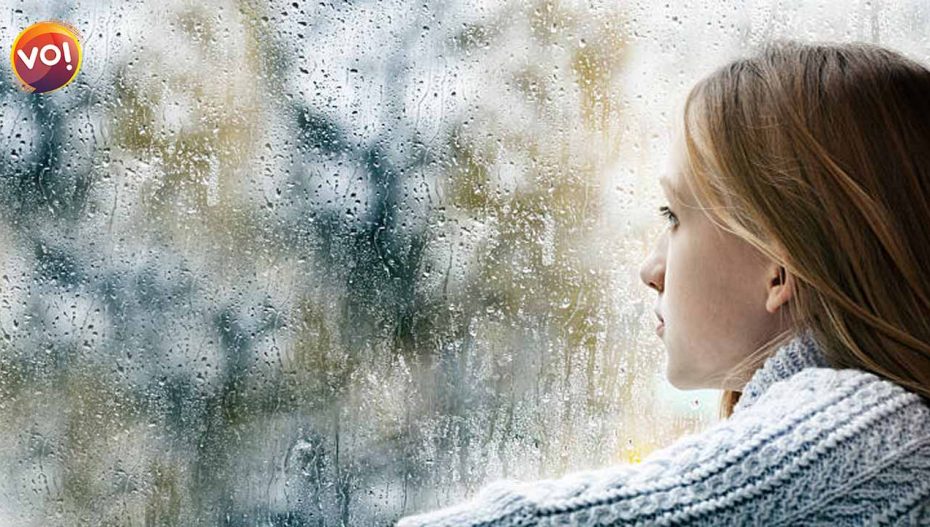Here comes monsoon and in its wake, a host of ailments and disorders. Despite the relief it brings from scorching heat and sweltering days, the overcast skies and the pounding rains make it difficult to step out and, sometimes require a rework of plans made long ago.
Weather changes are known to trigger psychological changes as well. City-based behavioral science coach, Vandan Thakkar elaborates: “Our moods are governed by hormones and these in turn, as a result of chemicals produced in the body. Depression, for instance, can be because the body has not been adequately exposed to sunshine and hence a failure to process chemicals to make serotonin, the happy hormone.”

Sharing her condition, student Himanshi adds that waking up to an overcast morning is a huge setback for her. “It is like a feeling of the day’s end. I do not feel energised. When the sky lacks colour, it affects the way I feel. On bright and sunny days, I like to pack in a routine and live up the day.”

Likewise for Vrutpal Patel. “Monsoon is a let down here. It does not rain that much. I do not like puddles, mosquitoes and the dampness that follow the showers.”
In a bid to understand the corelation between monsoon and factors that lead to the blues, coach Thakar spells out a few pointers:
1. During monsoon, reduced amounts of sunlight lead to low levels of D3 production in the body. “Often arthritis gets worse because D3 is needed to process other functions in the body. The already tender spots are unable to cope with the low levels of D3 production and get inflamed,” he adds.
2. The darkness and sudden weather change lower the serotonin level of the body and this affects many people’s mood and efficiency.
3. Melatonin hormones are disturbed due to the monsoon and cloudy atmosphere. “It disturbs the biological clock. People become lazy, are sleep deprived and thus prone to irritability. This is then attributed to seasonal mood swings.”

Depression and bipolar disorder patients are highly affected in this season. The coach also cautions to watch out for:
• Loss of self-esteem
• Hopelessness
• Loss of confidence
• No interest in liking activities
• Sleep disturbance
• Lower energy feeling
• Overeating
• Difficulty in concentration
Also read : Experts Suggest Tested and Tried Ways of Tackling Anxiety












